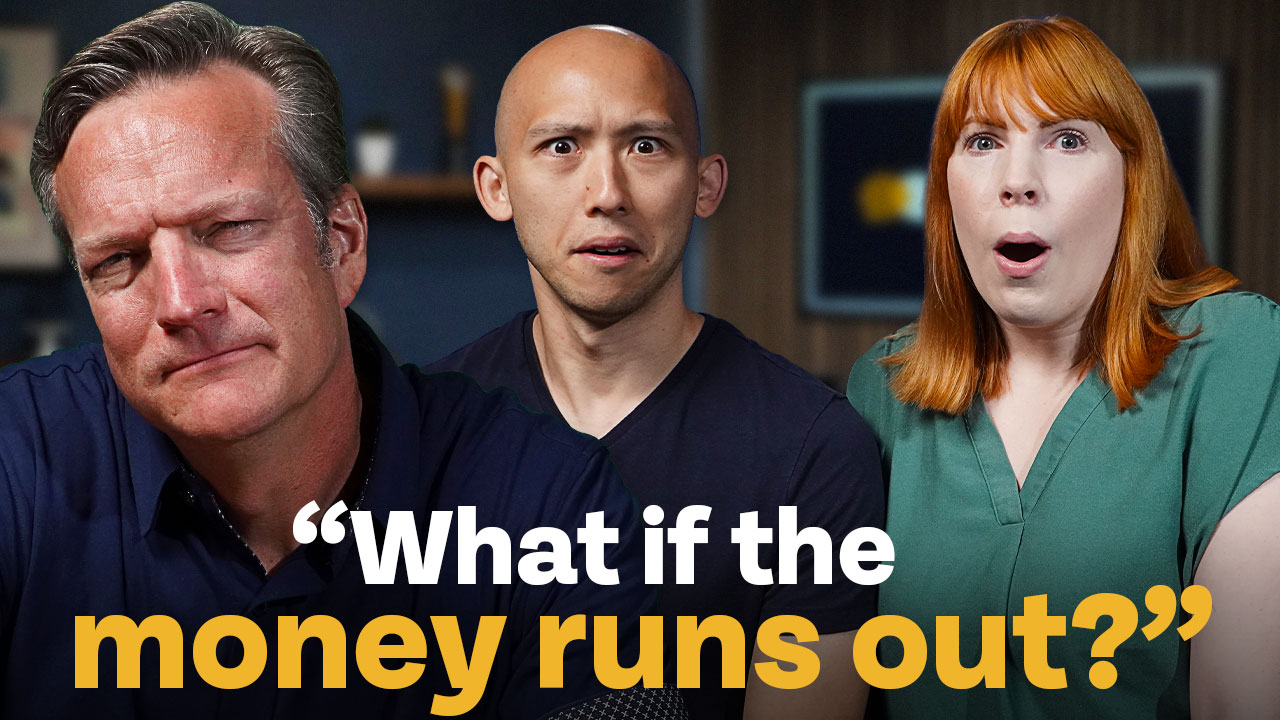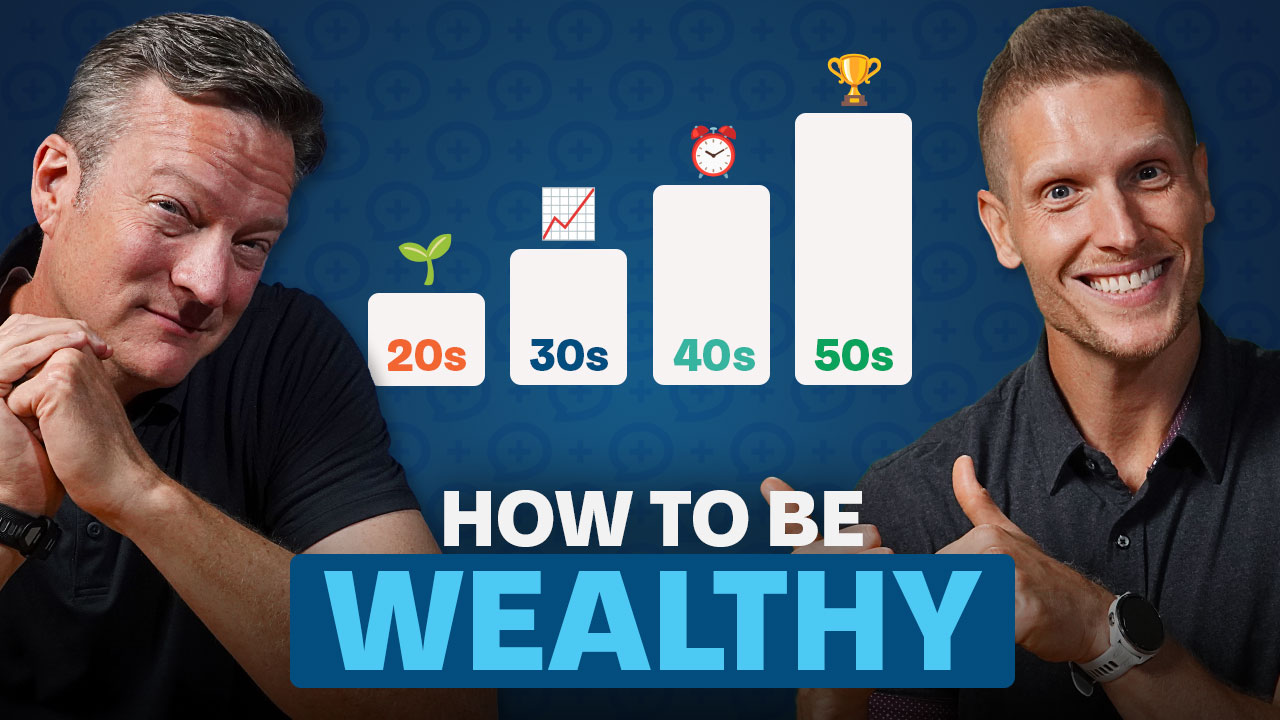Next up, we've got Sam's question. He says, "I'm getting a decent amount of passive income, but I'm scared to quit my salary job. What do I need to consider to make this jump?"
Well, this is always so interesting. Um, I think downturns—the number of businesses and other things it creates—it's almost like a look downturns. I always tell you guys the bad stuff, they're all extroverts, you know? Whether it's real estate, the marketplace, whether it's a recession, whether it's the stock market going down, unemployment going up, these things all hang out together. But always, the optimist in me likes to say there is a positive thing. The lemonade that comes from the lemons is that we get so many people that start businesses without meaning to start businesses. And it sounds like Sam is kind of somewhere in that journey.
Yeah, but it's one of those things where he's trying to figure out, "Do I jump or do I keep the comfort of basically still having a wage?" Because that's the difference. Do I do this on my own or do I do the wage? As an entrepreneur, you're never going to—it takes a while to get rid of that fear, if it ever goes away. I think this is one of those things I always say: entrepreneurs have a healthy fear that it could go away tomorrow. But that's why a healthy entrepreneur is actually going to take action to make sure you're creating up your own basket of funds on the side to bridge whatever might come your way because it's uncertainty. When you're doing things on your own, whether it's passive income, whether it's starting a business, there's always the uncertainty, whereas it feels very safe when you have wages coming in.
So, how can we bridge that gap? And that's why you all know when I started my first company, we actually lived—my wife was still working at the time—we actually lived off of just one of our incomes. And then we saved every bit that was coming in from the other's income, and they were fortunately very, very similar to each other at the time. And that allowed me to build up—we were able to build up, I think, around $40,000-$45,000 worth of cash. That was the cash that bridged us that first three years because we had our living expenses down to practically as low as possible. Because that's also a good exercise here as you're considering making a big life change, but go ahead and do that, Sam. Go ahead and figure out if you can start cutting your living expenses because that will help the burn rate while you're going through this period.
Take a trial period to see how low you can get your living expenses down to where you're not actually using any of your wages because if your passive income is truly covering what your costs are, you should be able to live off that. So now, you should be 100% saving whatever your wages are after taxes. See if you can do it. And the cool thing is, if you do this for three or four months and it works, then you know, "Hey, I'm probably getting really close to being able to really jump off." And I feel like I have. And just make sure you pay also respect to the cash emergency reserves, like I said, so you have that bridge just in case you have some unsuspected things that come your way.
But you know, if it doesn't work, you'll be like, "Oh, it's okay. I still have not left the tether still tethered to my employer that I can figure out what's what messed up and do better." That's why, Rebie, I always say, "Put on your 3D glasses and let's look at the three scenarios." Because, you know, the way we always think about this is that there's the dream, of course. That's your "Oh my God, I'm gonna be rich!" That's the first D. We always want to do that one because that's the one that's the most exciting, is the dreaming, where you think about how rich. And then there's the one where the D is what this is likely going to happen. This is the down-to-earth plan or version of this. This is what's really going to happen. And then, of course, there's the doo-doo plan. This is the one where, "Oh my gosh, what have I done?"
But the goodness, good news is, if you do this plan on the front end, Sam, you don't have to be surprised by any of the reactions. You've actually got a plan for every one of the things, and you'll be prepared to do it and live your best life and know that you did it right. I think a lot of people get excited about going out on their own with this passive income, and they don't do the 3D—put on the 3D glasses—and then they're shocked when some sidetrack thing comes their way, some obstacle, something that puts them back, and then they don't have no way to cope with knowing what to do. You'll be prepared. You'll be an all-terrain vehicle and ready to roll.
That's really good because the first thing that came to mind, which ties in perfectly with your 3D plan, I immediately went to the nitty-gritty. Like, okay, well, what are you doing about health insurance? You know, do you have your taxes all worked out? Are you paying quarterly taxes already? Do you know how much money you need for that? Like, um, you know, is your house paid off? Do you still need a certain amount for rent? There are so many little details. So, if you do what Brian just said and make sure you're writing it all down, factoring it all in, like, is there another source of income? Do you have a spouse or a partner? What is your risk tolerance and what is your base level?
Then I love your idea of practicing. I think that was a fantastic point. Measure twice, cut once.
For more information, check out our
free resources here.













